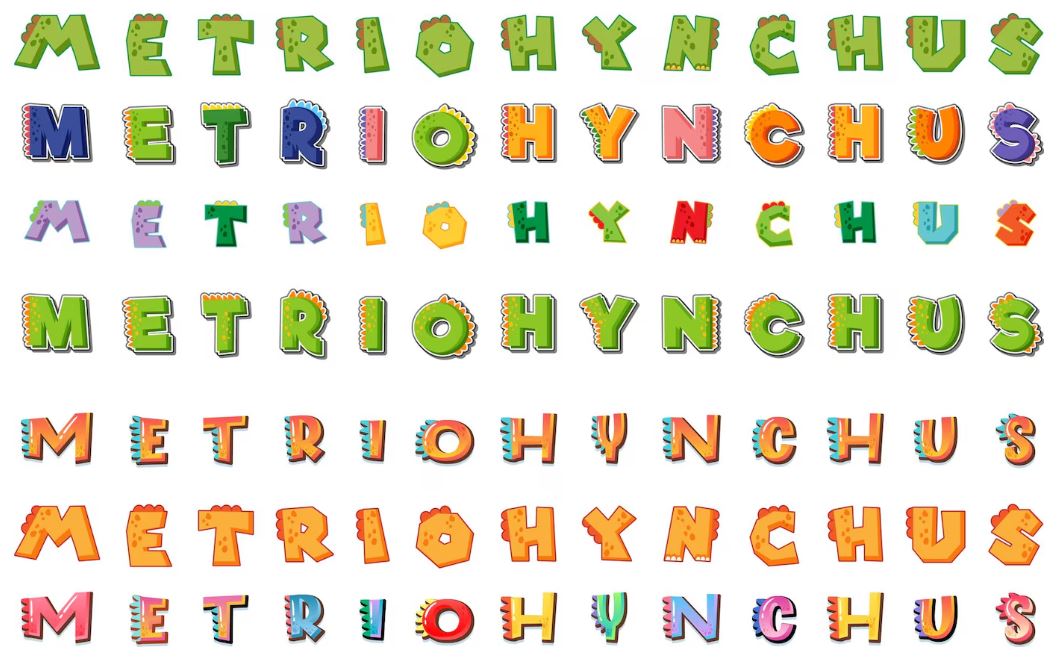American English and British English, while mutually intelligible, have diverged significantly over centuries due to a combination of historical, social, and geographical factors.
Here’s how American English developed and became distinct:
1. Early Settlement and Isolation:
17th Century English: American English is largely based on the English spoken by the first settlers who arrived in the thirteen colonies during the 17th century. This means it preserves certain linguistic features that have since evolved or been dropped in British English.Geographical Separation: Once settlers arrived in North America, they were geographically isolated from England. This led to separate linguistic evolution, as new changes in British English didn’t always make their way across the Atlantic, and vice versa.
Dialect Mixing: Early American settlements saw a mixing of different British dialects, which led to the formation of new, more homogeneous American dialects.
2. New Environments and Loanwords:
Unfamiliar Flora and Fauna: The American colonists encountered a new environment with unfamiliar plants, animals, and topography. To describe these, they often borrowed words from Native American languages (e.g., “raccoon,” “moose,” “moccasin,” “squash,” “hickory,” “canyon”).Influence from Other Languages: American English also absorbed words from other European languages due to immigration and contact, such as Dutch (e.g., “cookie,” “boss”) and Spanish (e.g., “bronco,” “avocado”).
3. Intentional Divergence (Noah Webster):
Standardization: In the late 18th and early 19th centuries, there was a desire in the newly independent United States to establish a distinct national identity, including a unique language.
Noah Webster’s Dictionary: Noah Webster, an American lexicographer, played a crucial role in codifying American English. His American Dictionary of the English Language, first published in 1828, aimed to simplify spelling and make it more phonetic. He also sought to differentiate American spelling from British spelling as a way of demonstrating independence. This led to many of the spelling differences we see today.
Key Differences Between American English and British English:
Spelling: This is perhaps the most well-known difference, largely due to Noah Webster’s influence.
-our vs. -or: (e.g., British “colour,” “favour” vs. American “color,” “favor”)
-re vs. -er: (e.g., British “centre,” “theatre” vs. American “center,” “theater”)
-ise vs. -ize: (e.g., British “analyse,” “organise” vs. American “analyze,” “organize” – though -ise is also acceptable in British English in some cases)
Dropped “e”: (e.g., British “judgement” vs. American “judgment”)
Doubled consonants: (e.g., British “traveller,” “cancelled” vs. American “traveler,” “canceled”)
Vocabulary (Lexis): Numerous everyday words differ.
Automotive: British “bonnet,” “boot,” “lorry” vs. American “hood,” “trunk,” “truck”
Clothing: British “trousers,” “jumper,” “vest” vs. American “pants,” “sweater,” “undershirt”
Food: British “chips,” “crisps,” “aubergine” vs. American “fries,” “chips,” “eggplant”
General: British “lift,” “flat,” “shop,” “holiday” vs. American “elevator,” “apartment,” “store,” “vacation”
Pronunciation:
Rhoticity: A major difference is rhoticity. American English is generally rhotic, meaning the “r” sound is pronounced after vowels (e.g., “car,” “bird”). Many British English accents, particularly Received Pronunciation (RP), are non-rhotic, meaning the “r” is often silent unless followed by a vowel (e.g., “cah,” “buhd”). Interestingly, early English spoken by settlers was more rhotic, so American English preserved an older pronunciation feature.
Vowel Sounds: There are numerous differences in vowel sounds, such as the “o” in words like “hot” or “tomato.”
Stress: Sometimes, the stress on syllables differs (e.g., British “GA-rage” vs. American “ga-RAGE”).
Grammar: While largely similar, some subtle grammatical differences exist.
Past Participles: American English often uses “gotten” as the past participle of “get,” while British English primarily uses “got.” (e.g., American “I’ve gotten sick” vs. British “I’ve got sick”)
Present Perfect vs. Simple Past: American English sometimes uses the simple past where British English would prefer the present perfect (e.g., American “I just ate” vs. British “I’ve just eaten”).
Prepositions: Differences in preposition usage (e.g., British “at the weekend” vs. American “on the weekend”).
Collective Nouns: In British English, collective nouns (like “team” or “government”) can be treated as singular or plural, while in American English, they are almost always treated as singular. (e.g., British “The team are playing” vs. American “The team is playing”).
These differences, accumulated over centuries of separate development, have led to the distinct varieties of English we hear and read today.
